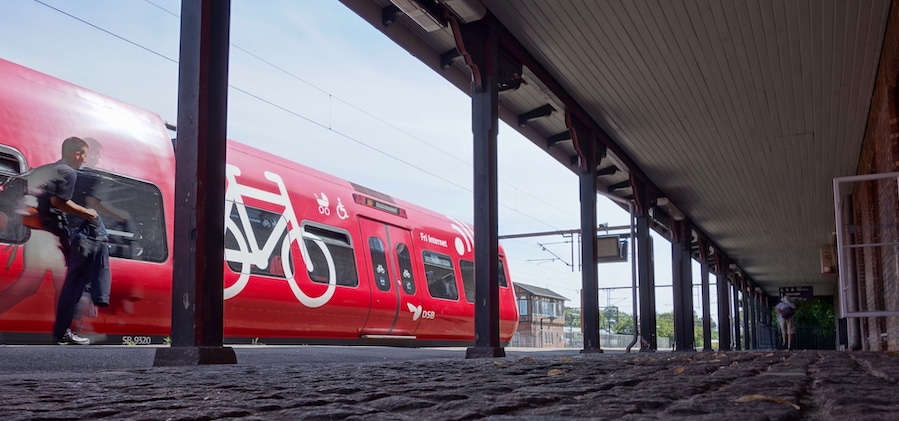
The 2019 Mobiliti Conference, hosted in Pittsburgh, was described by one of its organizers, Karina Ricks, as “a conference, a workshop [and a] co-creation kind of event.” What resulted, she said, were great insights and innovative ideas and actionable steps that should help both individuals and communities gain increased access to mobility options. In fact, many of the suggested actions that emerged will be relatively easy to implement, such as new ways to incorporate micro-transit and micro-mobility into existing transportation infrastructure.
In an interview with Small Change, Ricks, who serves as director of Pittsburgh’s Department of Mobility and Infrastructure, said the impetus for the Mobiliti Conference was a recent gathering she had attended on next steps in transportation, including the rise of autonomous vehicles and the future of urban mobility. At that invite-only conference were the best and brightest in the industry, and encouragingly, at the center of their discussions was a focus on equity and inclusion.
However, she said, noticeably absent were the very people that deal with these issues day in and day out – individuals that struggle with mobility with regard to access to jobs, services and food. Recognizing the importance of hearing from this group, Ricks and a colleague decided to create another conference.
New and revised
The Mobiliti Conference was also invite-only, but this conference had a more inclusive list of participants. One third of participants were leaders in the industry, one third were government organizations and nonprofits, and the final, but most important, group of participants were people that actually live on the economic margins and who continually struggle with mobility access. Reimbursed financially and given mobility funding to allow them to attend, this group included single mothers, ex-offenders who had lost driver licenses, night workers and individuals just trying to get by on minimum wage salaries.
Micro transit solutions
One big issue that was addressed at the conference was the need for transportation solutions for individuals that work at night, many in the hotel or restaurant industries. Those workers needing transportation during those hours have limited options. A team working on this noted that during daytime hours companies often use shuttle services for their employees. So, a plan emerged to leverage ride-hailing technology and those existing shuttles, otherwise sitting idle at night, to create an on-demand form of transportation.
The team worked with a company called MoveIt to create an app that would enable night employees to be picked up by shuttles. Further, they worked with employers to subsidize the project, known as Safe Shift Service. Encouragingly, employers quickly saw the value in the plan and were eager to help, as it offered a way to reduce turnover and help to create a stronger, more reliable workforce.
Mobility hubs
Another innovative idea with roots in the conference is that of Mobility Hubs. Transportation that aims at reducing the footprint needed to move people small distances within cities, such as electric scooters, docked and shared bikes, is called micro-mobility. Such quick commute options are popping up in cities around the country, but they’re often poorly utilized and not effectively used in cooperation with other transit options. Embracing this issue, another team, partnering with stakeholder companies, worked to rethink how to strategically implement micro-mobility such that it functioned with existing public transportation, rather than just competing with it.
What emerged was the concept of Mobility Hubs – highly trafficked locations that concentrated mobility options, such as scooters, bikes or zipcars, multi-purpose charging stations and even a designated ride-hailing station. These Hubs would enable users to use micro-mobility in conjunction with public transit options giving them more control and choices. Plans are currently underway to develop an initial 50 Mobility Hubs throughout the city of Pittsburgh.
–
By bringing together all of the relevant parties; talking and listening; and thinking creatively, Pittsburgh’s Mobiliti Conference led to innovative solutions to ongoing mobility issues. Hopefully other communities will track the progress of these projects and build upon their successes and learn from any failures.
To learn more about how Pittsburgh is thinking strategically about mobility issues, listen in to Eve’s interview with Karina Ricks.
Image courtesy of John D. Norton
